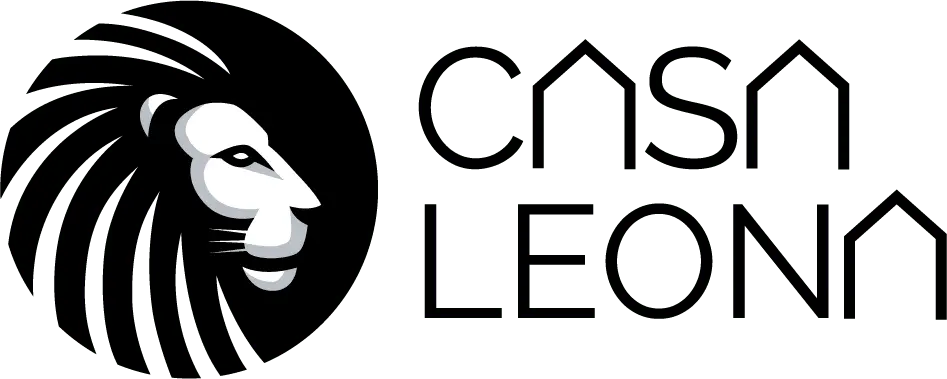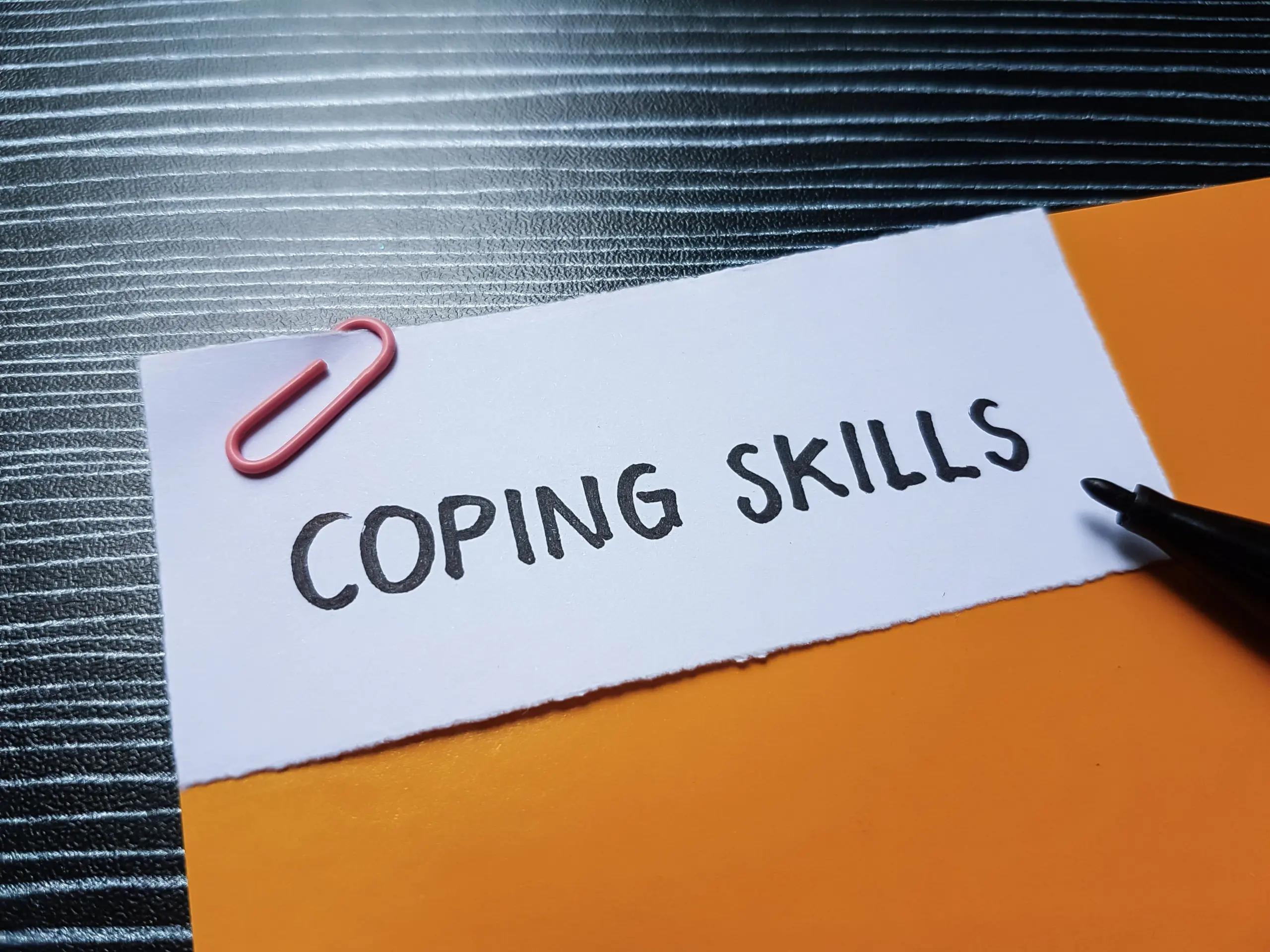TL;DR: Brain changes addiction by prioritizing substance cues, automating habits, and lowering impulse control. This post explains the circuitry—and how structure, skills, and inpatient care at Casa Leona help the brain rebalance.
Here’s the short version: brain changes addiction by reshaping how reward, habit, and control circuits talk to one another. The good news—brains also change back with time, structure, and the right supports.
Reward Pathways: Why Cues Trigger Cravings
Substances create fast, high dopamine spikes. With repetition, the brain flags related cues—locations, times of day, people, or emotions—as “important.” Eventually, those cues alone can spark craving. Meanwhile, natural rewards (food, hobbies, social time) may feel muted, pushing the brain to seek the faster, bigger hit.
Habit Loops & Autopilot
As use continues, behaviors move from deliberate choice to habit. Basal ganglia circuits knit together cue → routine → reward. Stress or time pressure makes the brain rely on these loops. Changing the loop means editing cues, inserting replacement routines, and rewarding healthy choices often—especially early on.
Executive Control & Decision-Making
Prefrontal areas that support planning, impulse control, and flexible thinking can go “offline” under stress and heavy use. That’s why willpower alone isn’t a plan. Recovery improves when daily structure reduces decision fatigue and therapy trains pause-and-choose skills.
Healing & Neuroplasticity
Recovery leverages neuroplasticity (the brain’s ability to change):
- Stable routines (sleep, meals, movement) reduce noise in the system and lift natural reward.
- Skills training (urge surfing, grounding, cognitive restructuring) rewires responses to triggers.
- Medication support where appropriate can reduce craving or stabilize mood so learning sticks.
- Social reinforcement (therapy, groups, family education) keeps new pathways active.
How Casa Leona Supports Brain Recovery
Inpatient care accelerates stabilization by limiting cues, simplifying choices, and practicing skills daily. At Casa Leona, we integrate medical and clinical support, evidence-based therapies, and a tailored aftercare plan that prepares you for real-world triggers.
Explore our Services and reach out via Contact to see how a structured program helps the brain rebalance.
Bottom Line
Brain changes addiction—but it also changes with recovery. With time, structure, and support, cues quiet down, habits shift, and control returns.
Rebuild, One Circuit at a Time
Ready for a structured path that supports brain healing? Start with our Services or connect via Contact today.

